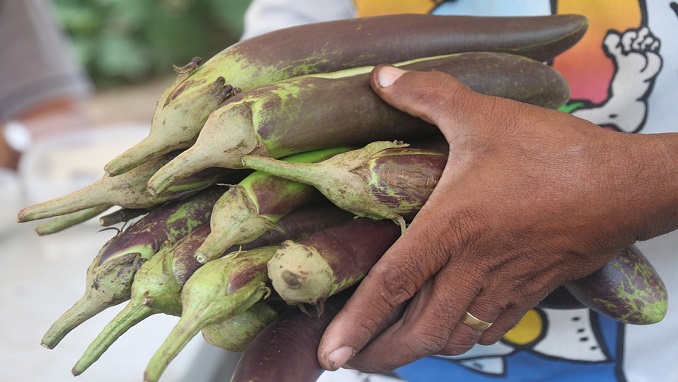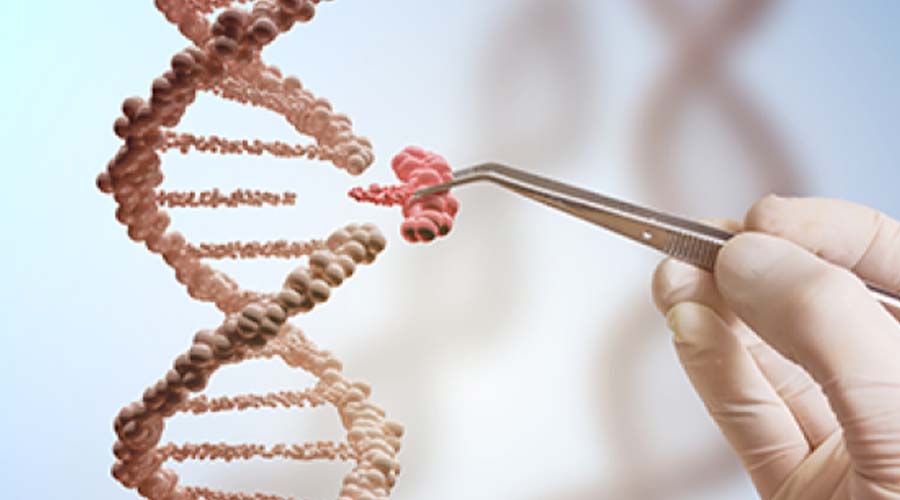We face a real risk of a food crisis—and burdensome government regulations on agricultural technology could threaten food security, argues one agricultural economics expert.
The problem: Around 30% of the global population lacked access to adequate food in 2020—320 million more people than in 2019, according to a recent UN report. Food insecurity could increase by 2050, when the population is expected to reach 10 billion.
One solution: Gene editing, which can make essential crops more resilient in the face of extreme weather and pests and even enhance the nutritional content of food staples like rice, a key tool in combating global hunger.
But: Government regulations and trade barriers (such as in Mexico) are thwarting the deployment of tech like gene editing—despite the fact it has “the precision to simply speed up what nature has been doing for millennia,” writes University of Saskatchewan’s Stuart Smyth in The Western Producer.
A great question: “Is society prepared to stand by and watch the rates of food insecurity soar among the global population while technologies that could reduce this languish in scientifically unjustified regulation?” he asks.
How do we ensure food safety without stalling technological innovation? “Several countries, such as the United States, Brazil, and Argentina, have said that if genome editing technologies create a new plant variety that could have naturally occurred, additional regulatory oversight isn’t required.” Now, other key trading partners—particularly Mexico and the EU—need to make the same call.



